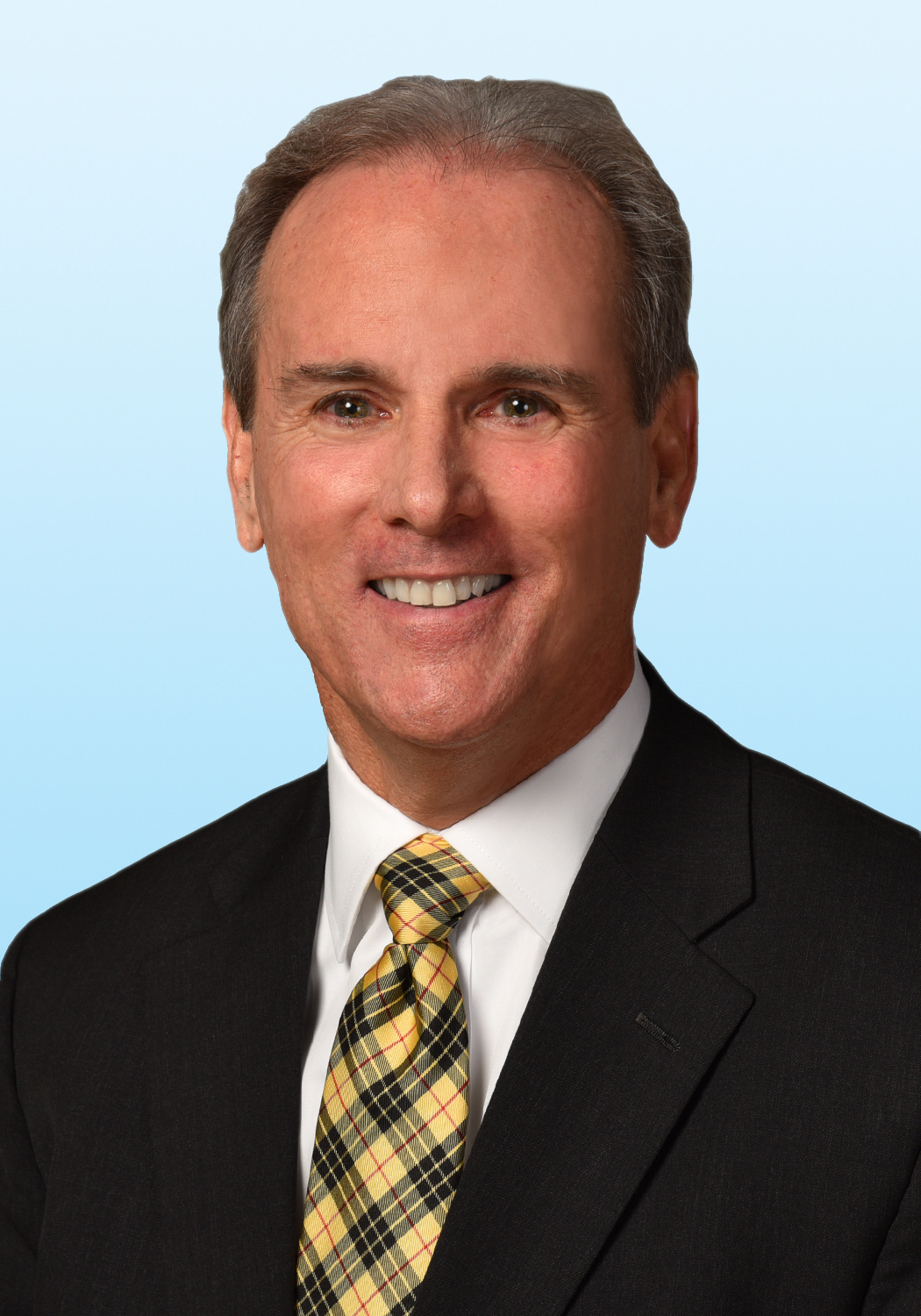Commercial Realtor
Dan Scanlon

‘I’m not one that has ever thought that elections have a big impact on what’s happening with the economy,’ says commercial realtor Dan Scanlon. ‘The economy kind of operates out there on its own. At the root of everything we talk about are consumers.’ For nearly two decades, Dan Scanlon, a senior associate at Colliers, has worked in New Hampshire’s commercial real estate market, working on investment, industrial, office and land development.
He has had a few other careers along the way, including 30 years as a professional musician and a couple of decades as a real estate lawyer. He’s also an avid baseball fan.
Scanlon combines those passions in the “Good News Friday” email newsletter he sends to 1,500 subscribers weekly about commercial real estate, usually including some tidbits about music and baseball. (Send a note to dan.scanlon@colliers.com to sign up.)
Scanlon was named to the 2022 edition of NH Business Review’s NH 200 list of influential business and nonprofit leaders. We recently sat down with him for an episode of the “Down to Business” podcast. This interview has been edited for length and clarity.
Q. Please start by telling us about your career journey.
A. I always tell people that my No. 1 passion is music, having been a part-time professional musician for 30 years. My No. 2 passion is baseball, and I write about that a lot as well.
But in my professional life, I’ve been involved with real estate for a long, long time. Back in the go-go ’80s, as I call them, I was a real estate lawyer. I did a lot of work with residential closings, a lot of title work, and in the ’90s I actually dug deeper into that and had my own title abstracting company. As the ’90s wore on, I was thinking about what do I really want to do?
I stumbled upon commercial real estate.
I had already been doing some work for lawyers and title companies that were involved with commercial real estate. I partnered up with a good friend who happened to have a real estate license and a mortgage broker license, and we started a commercial real estate company in Londonderry in 2000.
By 2006, the practice had grown, and I really wanted to be up in the Manchester area. I aligned myself with a group that at the time was called Grubb & Ellis. We’re now called Colliers. I’ve been with the same group for over 18 years. It’s the longest I’ve ever worked with one company.
Q. A few years back, there was a lack of industrial space in New Hampshire. Now there’s a glut of it. What’s causing that?
A. I’m not sure I’d call it a glut, but things have definitely changed out there. It’s just a function of supply and demand. The pandemic also plays a big role in looking at all of this. I’m not sure we’re at post pandemic yet, but we’re past the scare. But even pre-pandemic, industrial space was hard to find whether you wanted to lease it or buy it.
I think there was a time in New Hampshire when people felt that, if they had large warehouse space available, they could get Amazon to take the space or somebody like Amazon. Warehousing and distribution were big during the pandemic when people were buying a lot of things online. That’s still happening, but I don’t think to the extent it was during the pandemic.
There’s always this lead time or lag time where projects go forward. They start with a concept; they go for approval and they get built. And we’ve now seen several large buildings that have been built but don’t have tenants.
Q. We’re sitting on the fourth floor of the Waumbec Mill building, where the owner is converting some of the office spaces into apartments. There’s a lot of these projects, and there’s a huge need for new housing as well. How is that affecting what you do?
A. The conversion of office space into apartments obviously has reduced the supply of office space. However, the demand for office space has also gone down. I think you have two things happening at once. Less demand for office space, more demand for apartments. And your landlord here is Brady Sullivan. They lead the market in converting office buildings to apartments.
So far, virtually all of the conversions have filled up with tenants, whether they be young professionals, or boomers who want to downsize and live in an urban area. I think all of that is good for Manchester.
The need is across the board. We need luxury apartments. We need affordable apartments. We need workforce apartments. I’m just not sure how that gets sliced and where those people all want to live.